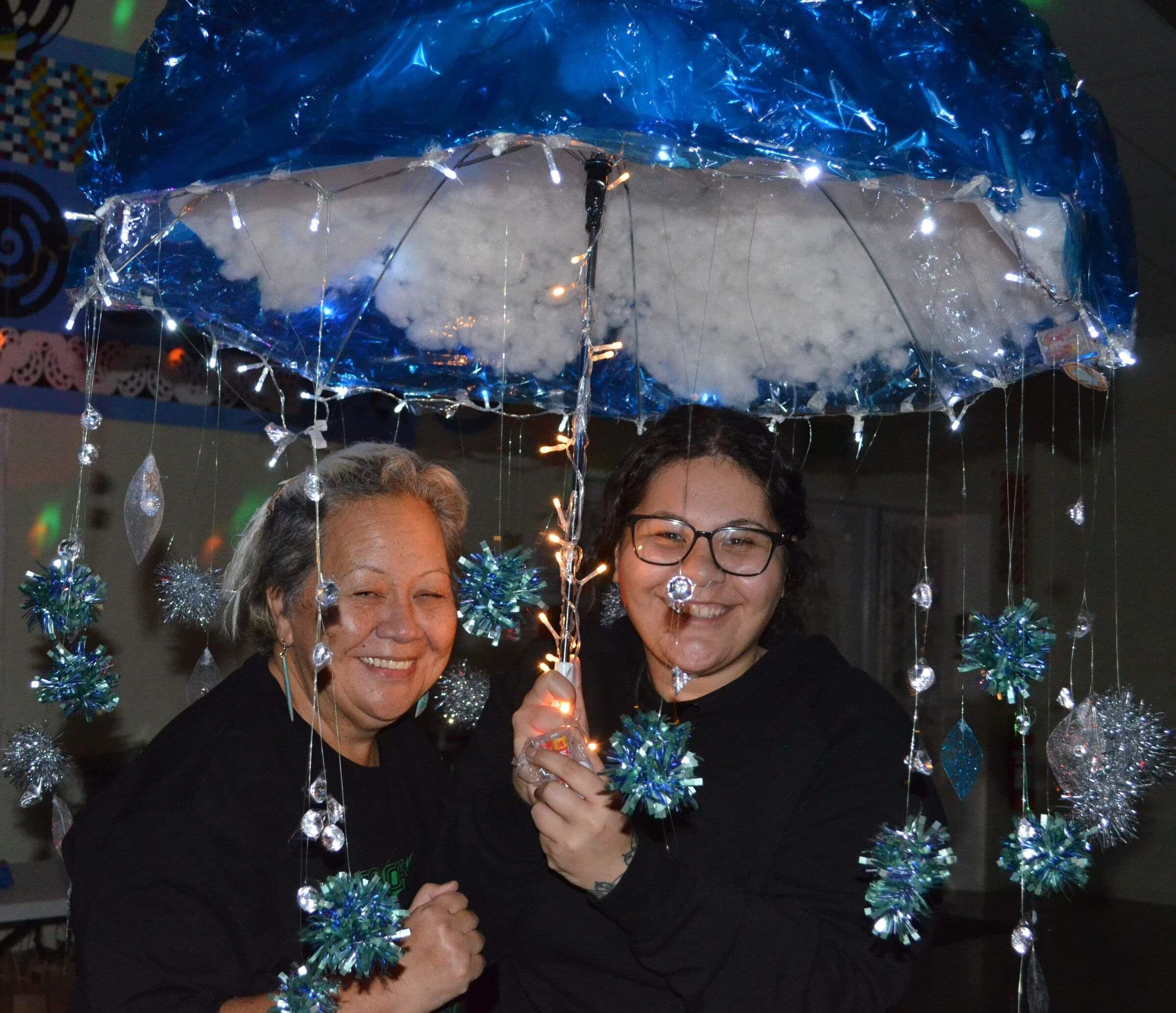Huakina Development Trust
Ka Tū Rangatira Ai Hei Oranga Mō Tatouo
Hei Arahi, Hei Whakanuia, Oranga Tangata, Oranga Taiao
Huakina: Empowering Our Communities From the Lower Waikato River to the Manukau Harbour
When our people are strong, they can care for our land and each other.
At Huakina Development Trust, we help our communities by opening the doors that provide opportunities for Whānau to increase their knowledge, live without struggles and take responsibility for caring for their waterways, land, air and special places.
Map of Huakina Development Trust Boundary
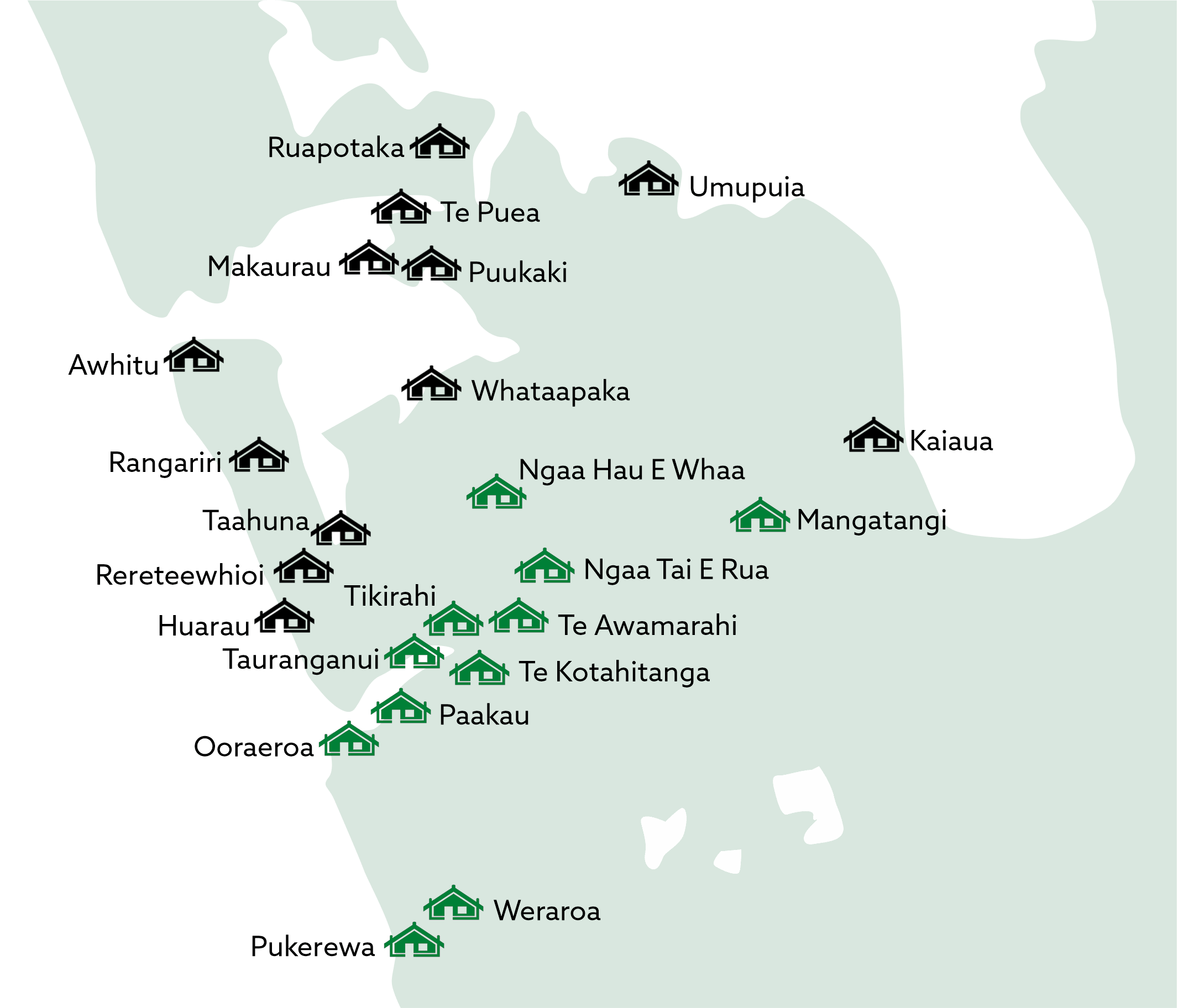
23 marae of Te Puaha Ki Manuka
Green are the 11 marae we currently affiliate with.
Black are the 12 we no longer affiliate with (independent/no longer exist as a marae).
Where We Came From
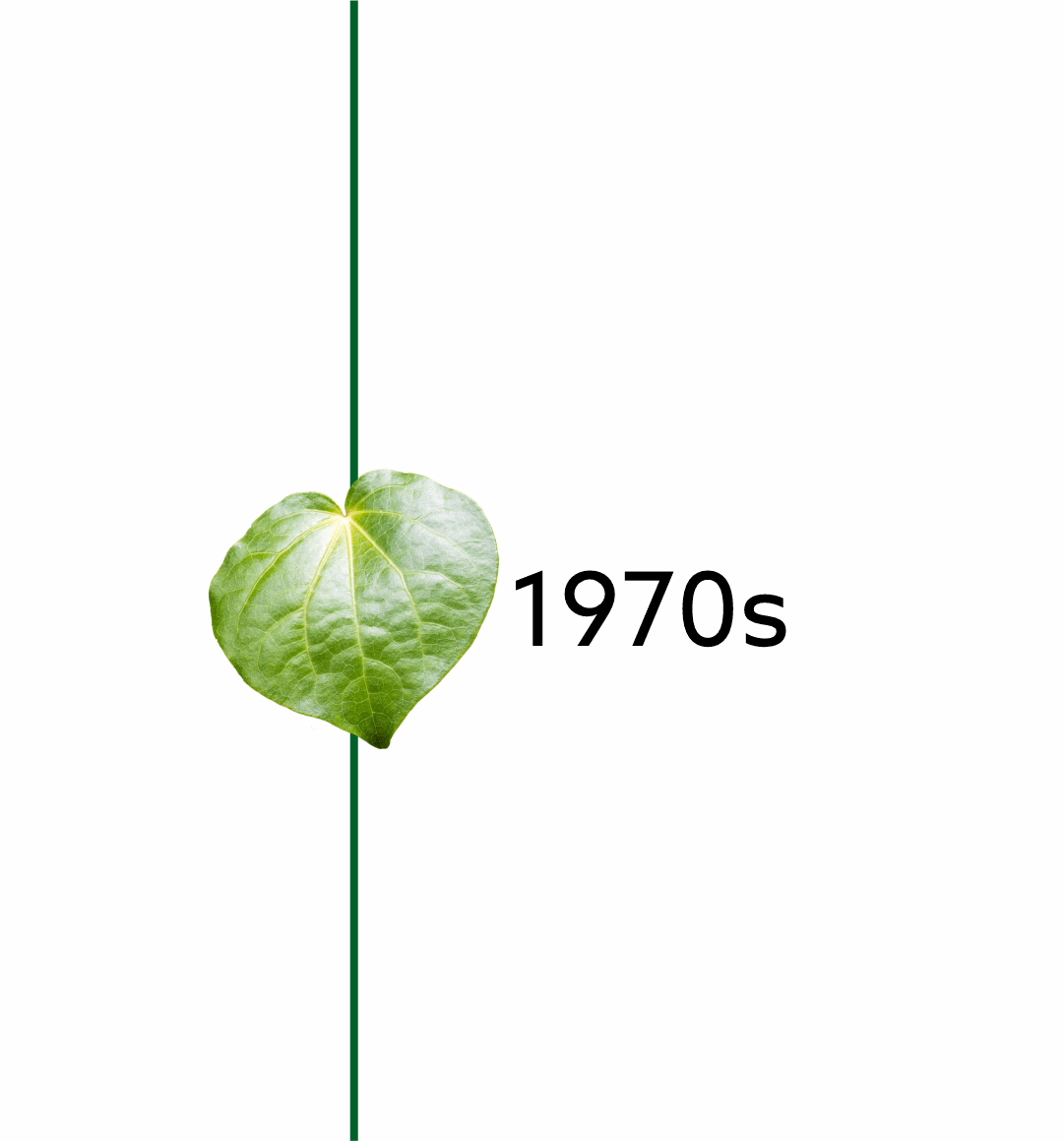
1970s - taking care of our land
In the late 1970s, Huakina, as we know it today, evolved out of a support group named Te Puaha ki Manuka. The name "Te Puaha ki Manuka" was given to this region by the late Te Arikinui when Waikato Tainui was fundraising for the new Kimiora complex at Turangawaewae.
Kaumatua and Kuia from Waikato Tainui Marae and Papakainga came together out of concern for the ongoing pollution and destruction of the Waikato River, the Manukau Harbour, Whenua and Waahi tapu.
Their united strength gave them recognition and soon later became an environmental pressure group to address the impacts on our Taonga and Whenua.
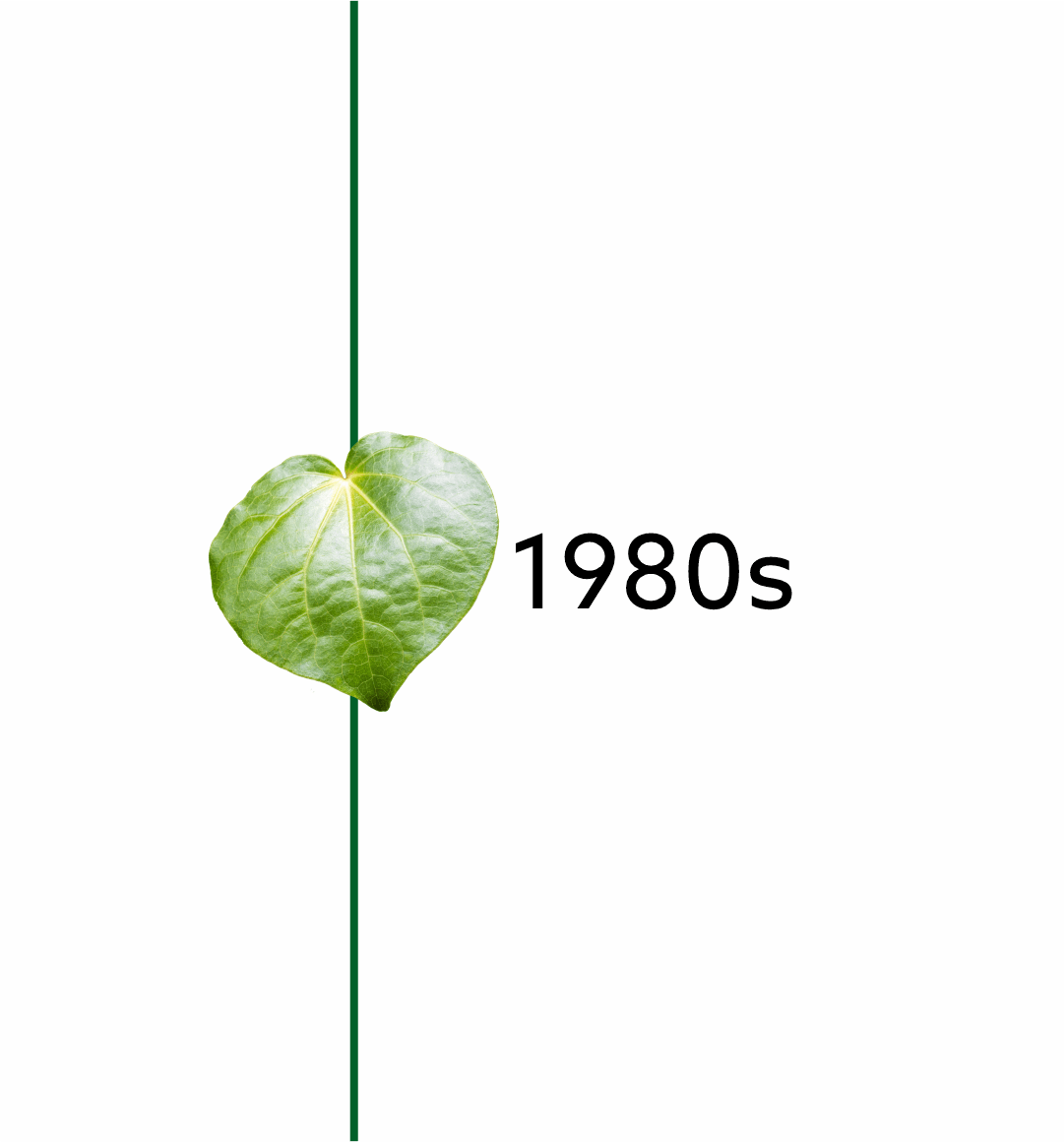
1980s - extending our responsibilities
In the early 1980s, Te Puaha ki Manuka was approached by Sir Robert Mahuta of the Tainui Māori Trust Board. He asked them to consider becoming a Management Committee of the Tainui Maori Trust Board. This would mean extending their responsibility to environmental care and taking responsibility for social, health and economic portfolios.
Te Puaha ki Manuka and 23 Waikato Tainui Marae and Papakainga agreed to look after the northern tribal region of Waikato Tainui. And so, in 1983, Huakina Development Trust was set up as a charitable trust.
In the years that followed, the responsibilities of Huakina grew. Because of their knowledge of the whenua and deep passion for the environment, in the late 1980s, Huakina became the Environmental Authority of the Tainui Māori Trust Board. And Huakina maintained this responsibility until the new Tribal structure was implemented following the Raupatu Settlement.
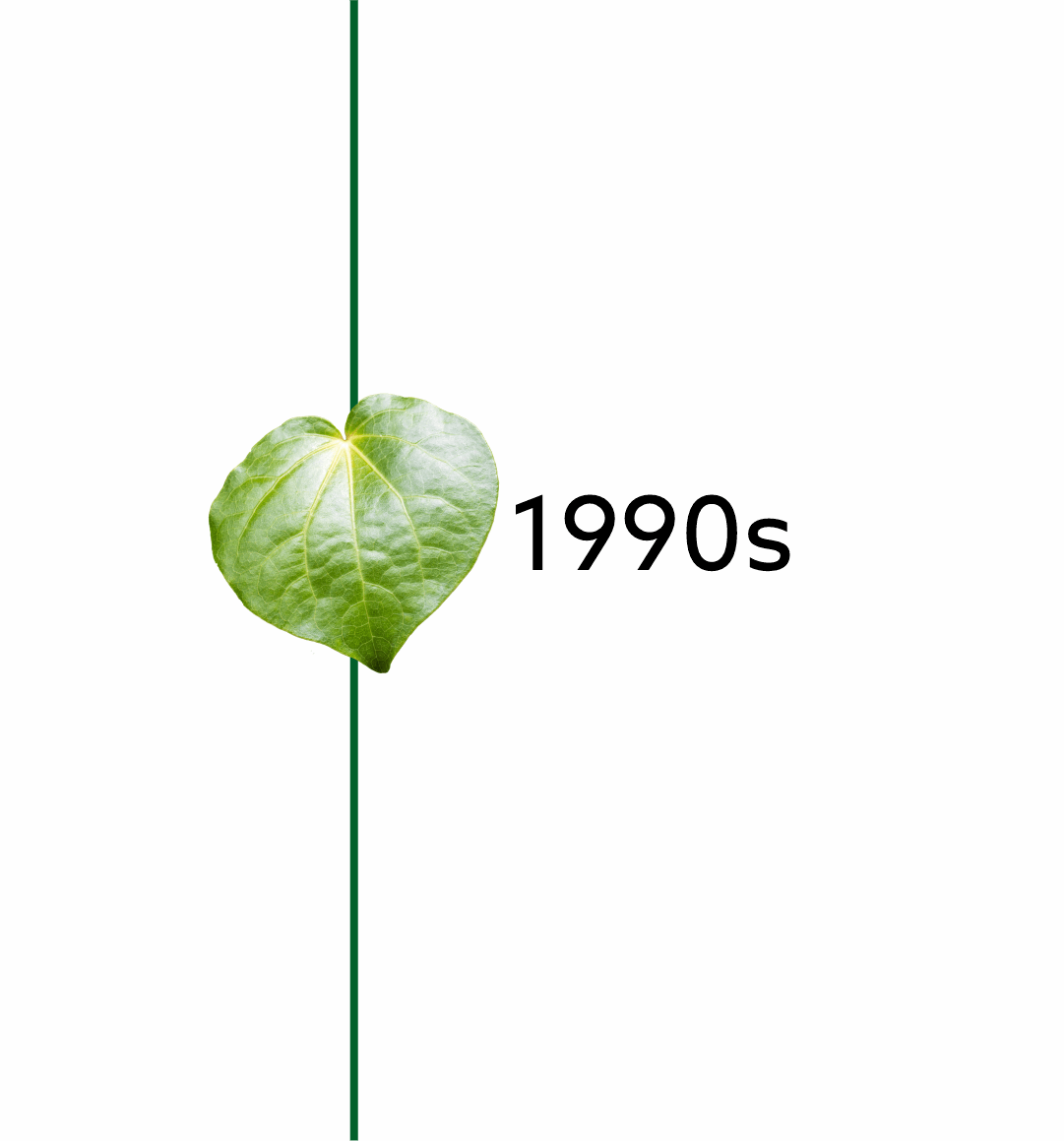
1990s Onwards
To this day, out of the 23 Waikato Tainui Marae and Papakainga that were affiliated with Huakina, 11 remain.
The Marae Whānau, no longer with Huakina, are providing remedies for their socio-economic concerns and participating in enhancing and protecting their environment and special places.
Those who remain with Huakina can do the same but choose to stay within a Marae Cluster while identifying issues they will manage for themselves, e.g. environment.
Huakina continues to deliver on its original objective of looking for opportunities that will assist in achieving its vision and mission.
Our Whānau and Community
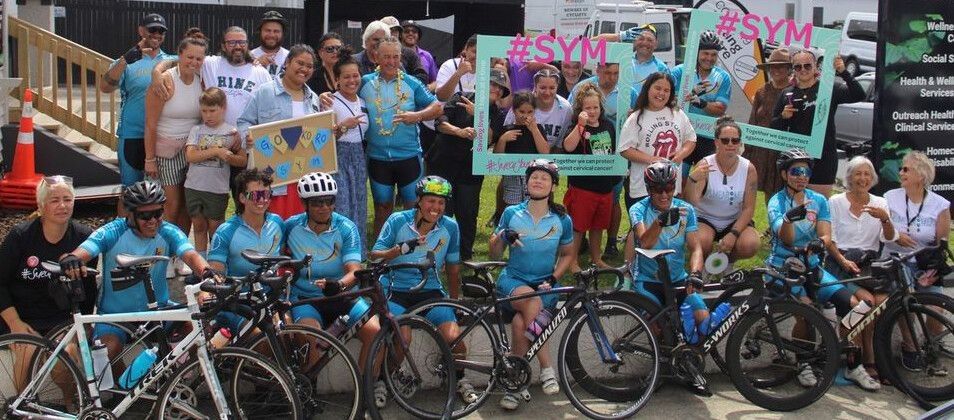
Over 30 years, Huakina has supported our community through times of significant change to our Whānau, particularly to Māori Whānau.
From the onset, our community was clearly defined as Māori, especially the Whānau from the Waikato Tainui Marae and Papakainga residing in the Te Puaha ki Manuka tribal region, more commonly known nowadays as Counties Manukau.
Nowadays, our community is much broader and consists of Taurahere, European, Asian and Pacific Island user groups. Non-Māori makes up almost 50% of our service users.
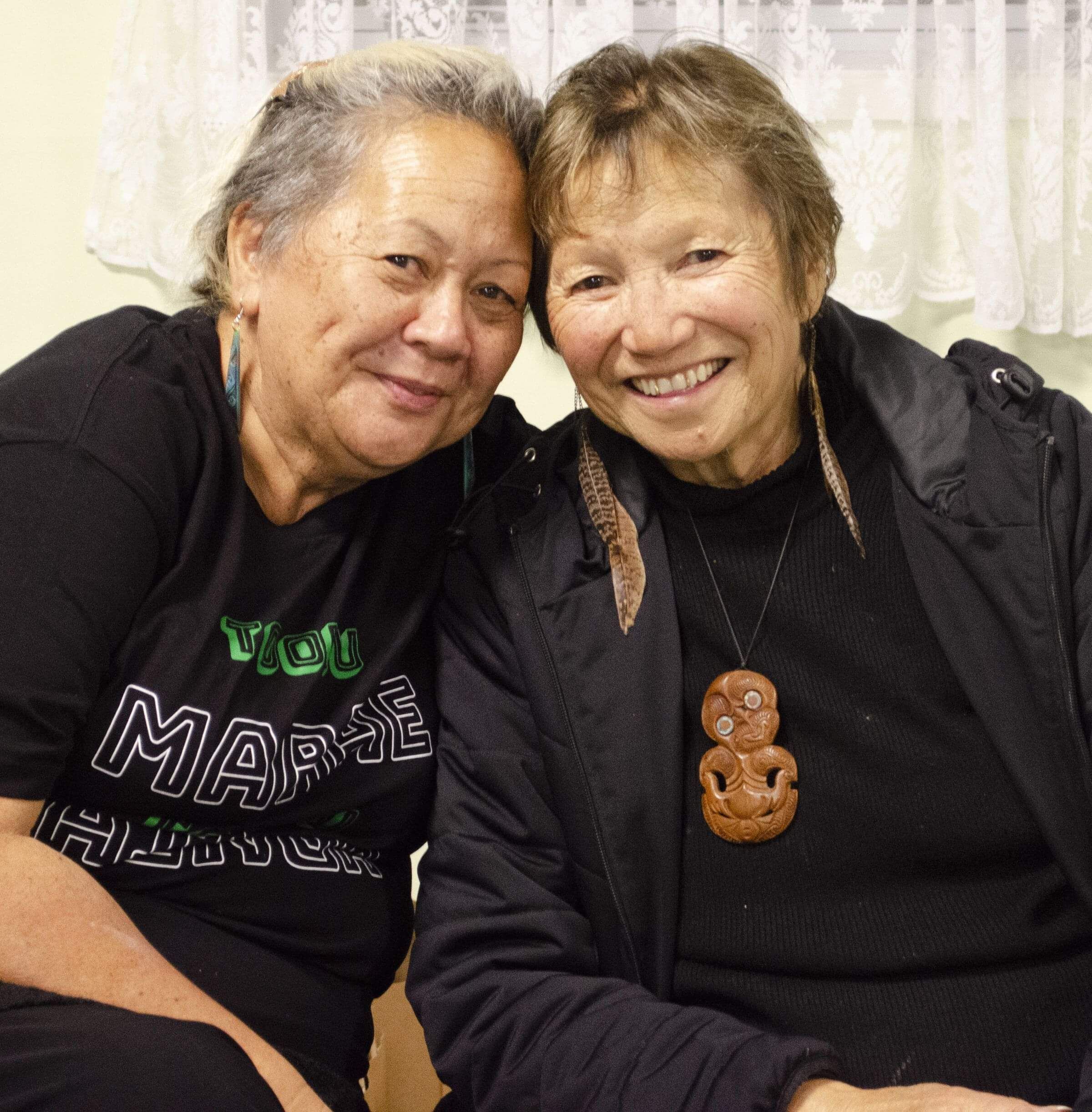
Supporting Our Whanau
Over the years, we've worked with
Kaitiakitanga (Guardians)
Disability Support Services
Housing Programme
Health Services
Iwi Social Service
Dairy Farming
Legal Service
Tertiary Education Programmes.
Giving us essential knowledge and experience in designing and developing services and building and maintaining relationships that support Whanau Ora.
Huakina - Helping Whānau Thrive
Huakina continues to focus on supporting good whanau outcomes to achieve the personal goals they have for themselves, their family and their community.
We commit to evolving our services to become more integrated and coordinated so that it does not matter where or how our Whanau enter our service, they will get easy access to the services they need.
